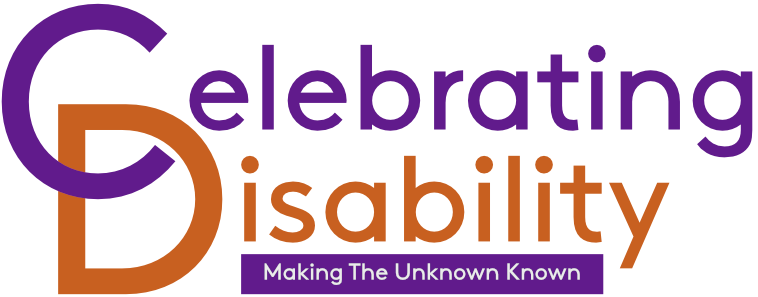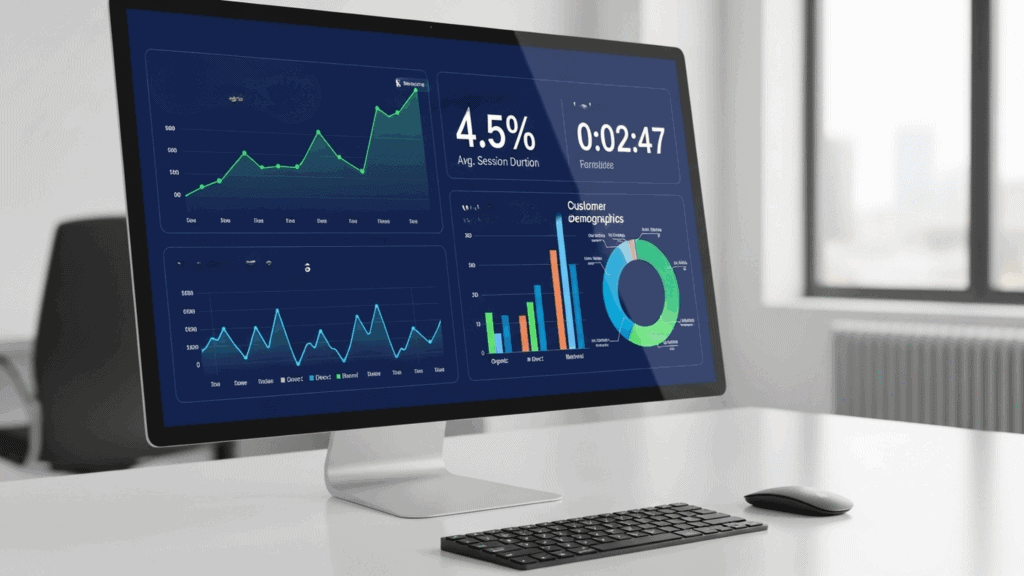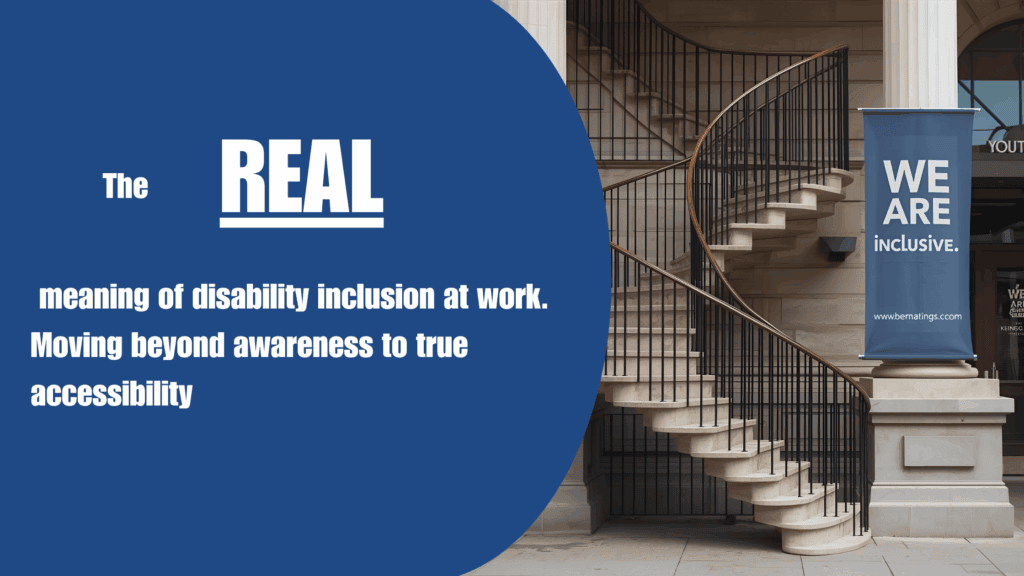Language surrounding disability has always been a minefield
To me, I have always been baffled over the complexity of what people make language to be. When working in the disability charity sector, I was constantly perplexed by the terms that were used to describe disabled people and the help and support that they received. One of the hardest things is there is no overall consensus as to what language should and shouldn’t be.
The 2 statements people agree on
Inclusive Language is ensuring everybody feels and is thought of as equal and included. If you will – the vehicle to inclusion and equality
Political Correctness on the other hand is ensuring that we do not go out of our way to offend others
However, language is objective
Case in point is a blog I wrote about the terms disabled person and person with a disability. My argument is that identifying as a disabled person is recognising and championing the social model of disability. However, a person who identifies as person with a disability may have an equally compelling argument. What might make one person feel excluded and offended, may not even enter another person’s radar. A common example of this in the disability community is the term or terms used to describe the person paid to support a disabled person.
For example, as a disabled person, I choose to describe the person I pay to support me as a personal assistant. This is because I believe I am paying them to assist me to do the things that I could not otherwise achieve. By consciously using the term “Assistant” it reinforces to that individual and anyone we come into contact with that they are there to assist me with the physical aspects I would otherwise struggle with. Imperatively for me, it also reinforces the fact that they are not there to “Look After” me or make decisions for me.
I have heard other disabled people describe the person paid to support them in many other ways; care-worker, support worker, enabler, etc.
But why does this matter? Is it really that important? Well, yes, I think it is. Taking the above examples:
Personal Assistant
What images/perceptions come to mind when you think of this term?
Care worker
What images/perceptions come to mind when you think of this term?
For me, one describes independence whilst the other describes dependence.
In social care, there are many words bounded around to describe the support given to a disabled person:
Toileting, feeding, showering, looking after, taking to, doing for.
These are nouns that suggest an arduous task, a burden, a sense of helplessness. Simply turning the phrase around by saying “I’m helping Esi to the toilet or “I’m supporting Esi to eat some lunch” adds a completely different perspective: I am not useless or a burden.
By using these nouns listed above and many more like them, it reinforces the idea that disabled people are useless, helpless, a burden and cannot do anything for themselves. Which we all know is simply untrue. However, these are the terms that are used by the media and in official social care terminology and therefore penetrate their way into our homes and our unconscious thought.
As a result, they seep out – into our corporate and business workspaces and penetrate our unconscious thought towards disabled people. This in turn makes it harder for disability to be a priority on the Diversity and Inclusion agenda because our semi-conscious biases are reinforcing those stereotypes.
Yes, your business may believe that disabled people can benefit society and your workplace but what part of that culture is thinking “At what cost? What resources is it going to take up for me?”
Language and the business case
The business case for disability inclusion is a strong one but will never get off the starting block if we don’t start thinking about the biases that accompany the language we hear all around us.
Many people ask me to blog on the correct language to use around disability. I am happy to do this. In the meantime, have a think about the words you hear and the effect they have on you. Then with that knowledge, simply think: “What language would reflect the contribution that person is making?”




